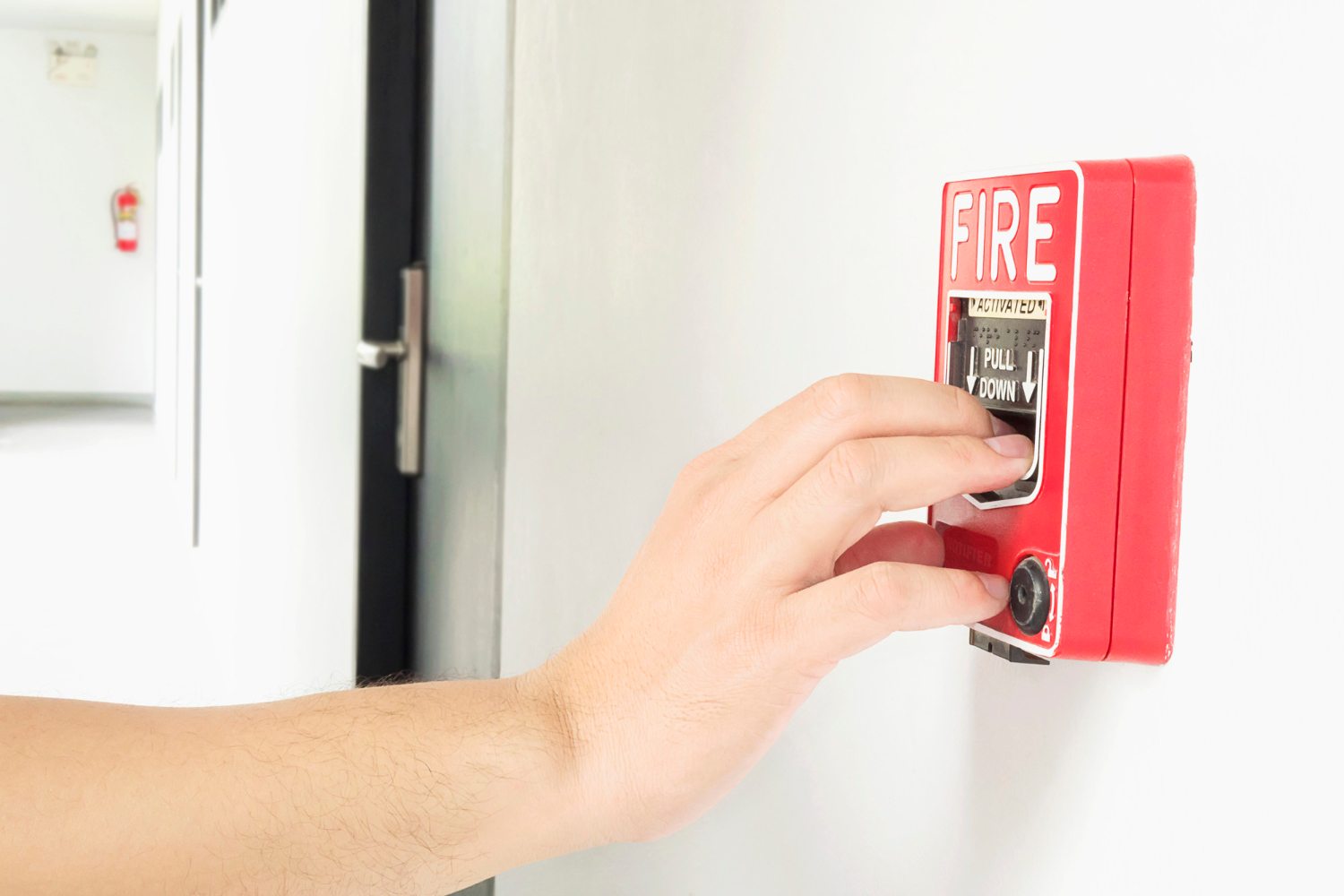
You’ve built your business from the ground up. You’ve invested countless hours, resources, and energy into making it successful. But here’s a question that might keep you up at night: are you meeting the UK’s legal requirements for business security?
If you’re unsure, you’re not alone. Many business owners assume that installing a few cameras or an alarm system ticks all the boxes. The reality? Security compliance in the UK involves far more than basic equipment, and falling short could leave you facing serious consequences.
Why Security Compliance Matters More Than You Think
Let’s be honest: nobody enjoys dealing with regulations. But when it comes to security compliance, ignorance isn’t just costly. It’s potentially catastrophic. Beyond the obvious risks of theft or property damage, non-compliance can result in hefty fines, insurance claim rejections, and even legal action if someone gets injured on your premises.
Your insurance policy likely contains clauses about maintaining adequate security measures. If you can’t demonstrate compliance during a claim, you might find yourself footing the entire bill for losses that should have been covered. That’s a nightmare scenario we never want you to experience.
Understanding Your Legal Obligations
The UK doesn’t have a one-size-fits-all security law, which actually makes things trickier. Your requirements depend on several factors: your industry, the size of your premises, what you’re storing, and how many people access your building.
However, certain obligations apply across the board. Under the Health and Safety at Work Act, you’re responsible for ensuring your premises are reasonably secure for employees and visitors. This means conducting risk assessments and implementing appropriate measures based on what you find.
If you handle sensitive data—and most businesses do—GDPR compliance requires you to protect that information with adequate physical and digital security. A data breach resulting from poor physical security can trigger substantial fines and irreparable damage to your reputation.
What Does “Adequate Security” Actually Mean?
Here’s where it gets interesting. The law uses terms like “reasonable” and “adequate,” but what does that mean for your specific business?
For most commercial properties, adequate security includes properly functioning fire detection systems that meet British Standards. Your fire alarm should be tested regularly, with records maintained to prove compliance. When was yours last serviced? If you can’t remember, that’s your answer.
CCTV systems must comply with data protection laws, which means positioning cameras appropriately, displaying clear signage, and storing footage securely for the correct duration. You can’t just point cameras wherever you like and hope for the best.
Access control becomes crucial if you’re storing valuable goods, hazardous materials, or confidential information. Simply locking the door at night might not cut it anymore. You need to demonstrate that you’re actively managing who enters your premises and when.
Industry-Specific Requirements You Can’t Ignore
Certain sectors face additional scrutiny. Retail businesses, particularly those selling age-restricted products, need security systems that can help enforce legal sales requirements. Hospitality venues must meet specific fire safety standards and often need enhanced security for late-night operations.
If you’re in healthcare, education, or handle vulnerable populations, your security requirements multiply. You’re not just protecting property—you’re safeguarding people, which brings additional legal responsibilities.
The Cost of Getting It Wrong
We’ve seen businesses devastated by preventable security failures. Insurance companies regularly reject claims when businesses can’t demonstrate proper system maintenance and servicing. We’ve worked with organisations that discovered this the hard way—only after suffering significant losses did they realise their coverage was void due to non-compliance.
Prosecution following fire safety failures is also a genuine risk. Having equipment installed isn’t enough; it must be the correct type for your premises, properly maintained, and regularly tested with documented records.
These aren’t scare tactics. They’re real situations that real businesses face when compliance takes a back seat.
Taking the Right Steps Forward
The good news? Achieving compliance isn’t as overwhelming as it sounds when you have the right partner. Start by conducting a thorough security audit of your premises. Identify vulnerabilities, review your current systems, and compare them against your legal obligations.
Don’t guess whether your systems meet current standards. Regulations evolve, and equipment that was compliant five years ago might not be today. Professional assessment removes the uncertainty and gives you a clear roadmap forward.
Remember, compliance isn’t a one-time achievement: it’s an ongoing commitment. Regular maintenance, testing, and updates keep you protected both legally and practically.
Your Next Move
At Amax Fire & Security, we understand that compliance feels like just another task on your endless to-do list. That’s why we handle the complexity for you, designing and maintaining systems that meet, or even exceed, UK requirements.
Your business deserves protection that works as hard as you do. Let’s ensure you’re not just compliant, but genuinely secure.
Ready to eliminate your compliance concerns? Contact Amax Fire & Security today for a comprehensive security audit. Because peace of mind shouldn’t be a luxury; it should be a guarantee.


